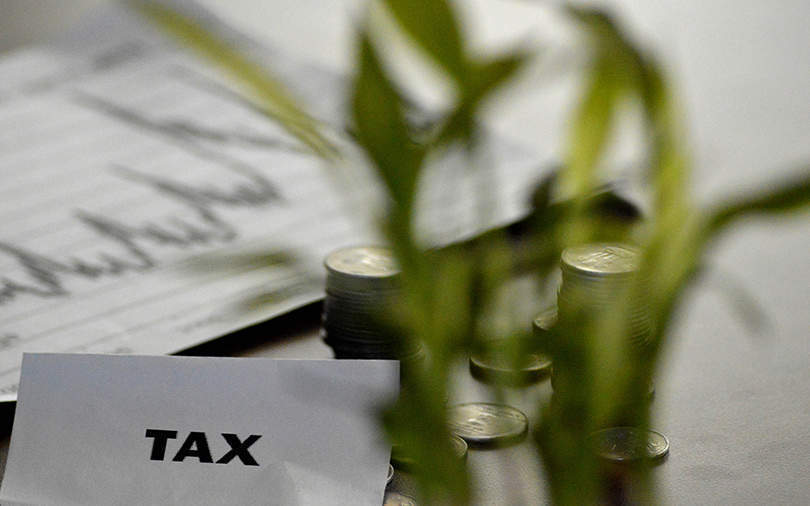
In run-up to Budget, Assocham urges govt to cut corporate tax, ensure liquidity for NBFCs


The government must provide investment incentives and cut corporate tax rates, and, together with the Reserve Bank of India (RBI) and banks, should ensure adequate liquidity for non-banking financial companies (NBFCs), said Associated Chambers of Commerce and Industry of India (Assocham).
Assocham president Balkrishan Goenka and senior vice-president Niranjan Hiranandani sought specific measures to address the liquidity issues being faced by NBFCs.
"It could be a special window, one-time roll-over or any other step. Rushing companies into the National Company Law Tribunal (NCLT) because of liquidity shortages is not the solution," said Goenka. “The Insolvency and Bankruptcy Code (IBC) is an effective tool, but we need a broader approach to even avoid companies landing in the IBC process. A clearer approach would be available in the Budget and even afterwards. Speedy disposal of IBC cases and lesser litigation can make a big difference to the resolution process,” he added.

Certain segments like automobile, construction, housing, NBFCs, aviation and exports are facing rough weather owing to multiple factors and require a delicate handling in terms of policy and fiscal measures, said Assocham.
"We demand 100% depreciation in the first year of new investment. A five per cent cut in the corporate tax will revive investment," Goenka said.
Assocham said the GST Council must rationalise taxes on vital sectors like automobiles and cement to lower slabs of 18% for demand generation while sectors like jewellery making may be helped with lowering of import duty on gold, as prices of the yellow metal are shooting up in the international market.

For boosting consumption demand and investment, Assocham has made a recommendation for raising the personal income tax exemption to Rs 5 lakh and reducing corporate taxes to 25%. Foreign direct investment (FDI) threshold for some key sectors like defence and insurance may be revised upwards or eliminated.
"Sectors like housing, real estate and construction have a huge multiplier effect on the economy, creating millions of jobs, adding immense wealth to the exchequer and lifting the consumer sentiment. So, there is a great expectation from the finance minister, particularly with regard to these sectors," said Hiranandani.
According to Assocham, the focus on infrastructure is expected to continue and that is a big plus. Under the Bharatmala Project, road construction/upgrade for 35,000 km of national highways by 2022 would have a great multiplier effect. Investment in railways of over Rs 1.50 trillion would also create great opportunities and scale up the country's infrastructure.

However, with the inability of lending institutions to issue loans for long-term projects, a specialised funding apparatus for infrastructure projects needs to be created with the help of the government and multilateral agencies like the World Bank, said Assocham.
